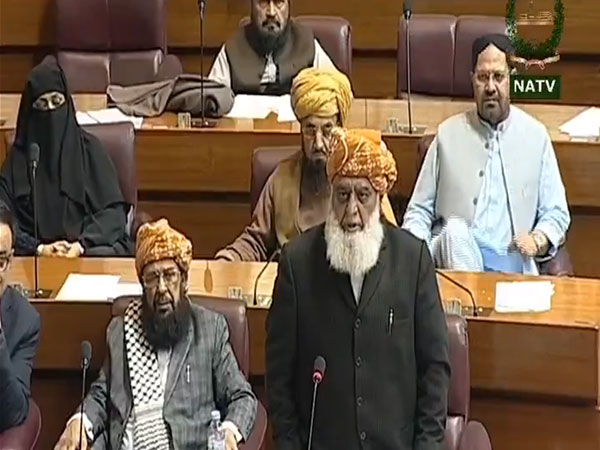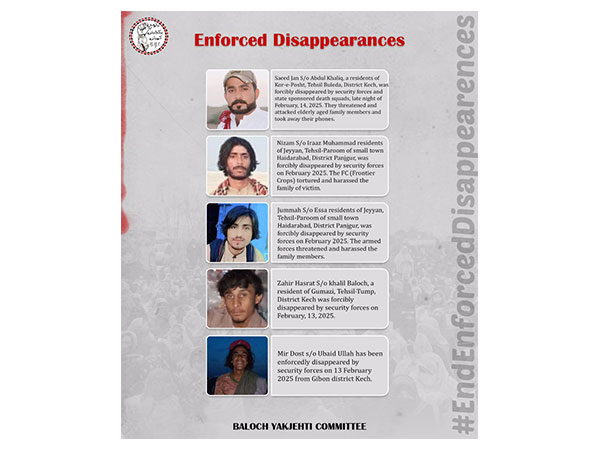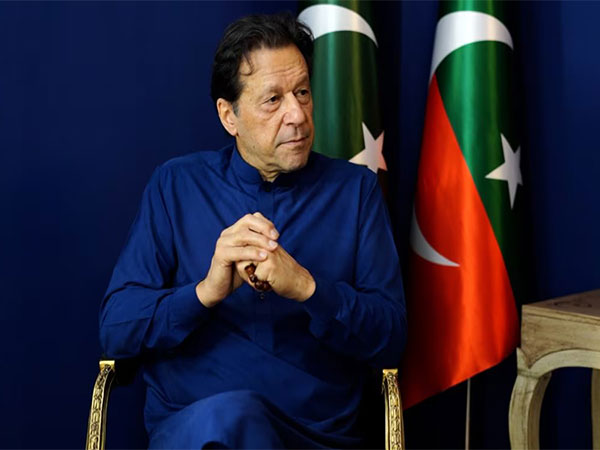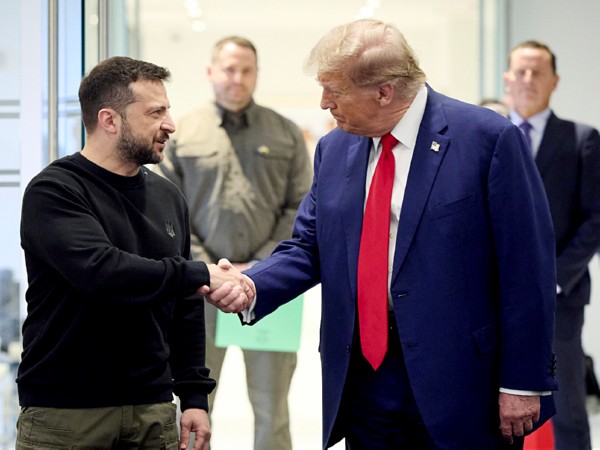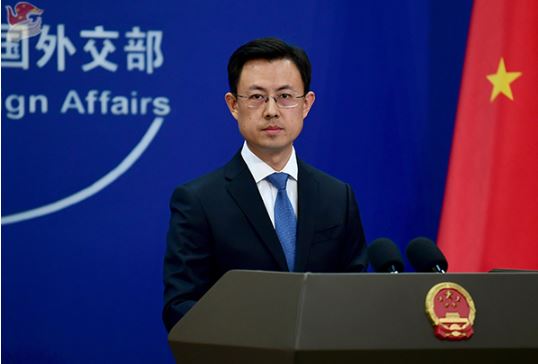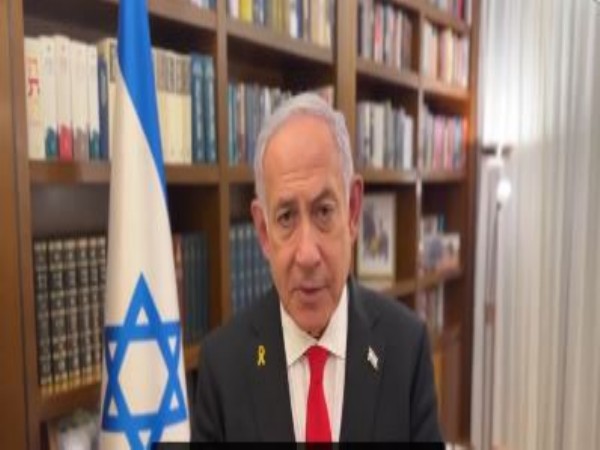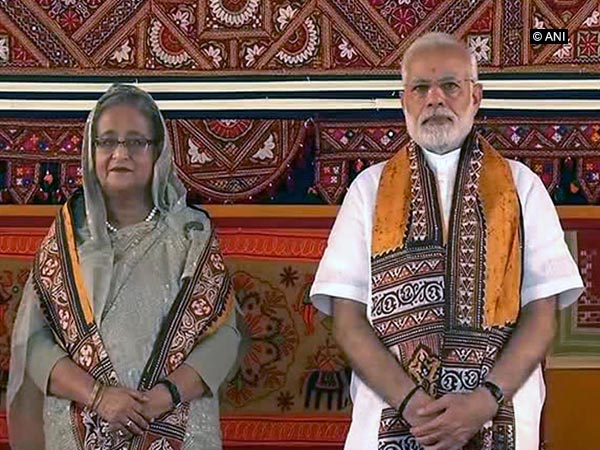
New Delhi [India], March 20 (ANI): As Prime Minister Narendra Modi is slated to travel to Bangladesh on March 25-26 for the second time since 2015, his visit is shaping up to be a multifaceted one and its success will be driven by a potent mix of deliverables and symbolisms.
The visit comes as Bangladesh celebrates 50 years of independence and the birth centenary of its founding leader Sheikh Mujibur Rahman. The occasions and events associated with this visit are highly emotive for Bangladeshis, which can be expected to add deeper context, depth and character to PM Modi’s trip, writes the European Foundation for South Asian Studies (EFSAS).
Modi’s participation in honouring Rahman, the father of current Bangladesh PM Sheikh Hasina and commemoration of 50 years of Bangladesh‘s war of liberation, to which India’s contribution had been stellar, have raised the profile of the 10-day celebrations in Bangladesh starting on March 17 to another level.
Although several other heads of countries like the Maldives, Sri Lanka, Nepal and Bhutan are also scheduled to grace the celebrations, it is PM Modi’s visit that will be accorded the highest priority by the Bangladesh government.
“These are two great events for Bangladesh and we are very lucky that the Indian Prime Minister will join us in this celebration. We are happy that he is coming. It shows the height of diplomatic maturity and achievement. This will be PM Modi’s first visit to a foreign country during the Covid-19 period. Other heads of State will only visit Dhaka during their stay, but PM Modi will go to remote parts of the country,” Foreign Minister AK Abdul Momen told the media.
Momen underlined that India and Bangladesh had a “rock-solid relationship” while highlighting the strong social, cultural and historical bonds that bind the people of the two countries. He also recalled that during Bangladesh‘s independence movement India had come forward to help Bangladeshis “physically, mentally”, and that Indian soldiers had “shed blood” for their cause, wrote EFSAS.
PM Modi’s visit is also taking place at a time when there is a tremendous groundswell of goodwill for India and its people in Bangladesh for the provision of COVID-19 vaccines by the former. Hasina had declared at this virtual summit that “India is our true friend” after the Indian Prime Minister promised of making vaccines available in Bangladesh along with the consideration of partnership in vaccine production.
Living up to his promise, Modi ensured that 2 million doses of the vaccine were gifted for the people of Bangladesh, and another 7 million doses were made available to the Bangladesh government expeditiously on a commercial basis.
During his visit to Dhaka on March 4, External Affairs Minister S Jaishankar said: “This is a difficult time for all of us because of Covid. For us, it was important that we are partnering with you in your health and economic recovery. The largest number of vaccines shipped by India to any foreign country so far — 9 million — has been to Bangladesh“.
Jaishankar had further said that the significance of India’s ties with Bangladesh lay in Dhaka’s centrality for India’s ‘Neighbourhood First’ policy and its growing relevance for India’s ‘Act East’ policy.
“We see Bangladesh as a key neighbour and a valued partner not only in South Asia but also in the broader Indo-Pacific region. Every outcome and achievement in our relationship resonates through this region. It is no secret that we cite it to others as an example for emulation. We are working so hard to expand our relationship to whole dimensions, ranging from security, trade, transport and connectivity, culture, people to people ties ensuring the development of our shared resources,” he said.
EFSAS further wrote that PM Modi’s first visit to Dhaka in June 2015 was highly successful, as both countries had signed as many as 22 agreements, and followed that up with the exchange in August 2015 of 162 land enclaves.
A range of issues are likely to be discussed and a number of agreements are expected to be signed during the scheduled meeting between Prime Ministers Modi and Hasina. Among the connectivity projects under consideration by the two countries are the India-Bangladesh-Myanmar-Thailand and beyond road belt. Construction of bridges between India and Bangladesh and road connectivity that would extend further to Nepal and Bhutan has also been under discussion.
The two leaders are also likely to introduce a direct passenger train service between Dhaka and New Jalpaiguri in West Bengal, expanding upon the Haldibari-Chilahati train service flagged off by PM Modi and Hasina at their virtual summit last year.
The Teesta water-sharing agreement can also play a vital role during the talks, as the importance of the assured share of the Teesta river’s water that the agreement seeks to allocate to Bangladesh has not diminished for Dhaka.
Foreign Minister Momen had said after his meeting with the EAM Jaishankar earlier this month that both countries stood by the 2011 Teesta agreement that was eventually not signed “due to some local problems”. Momen added that Jaishankar had suggested that they keep their “fingers crossed” on this matter, said EFSAS.
The proposed deal was called off after repeated objections by West Bengal Chief Minister Mamata Banerjee. The water-sharing issue was once again discussed during Prime Minister Narendra Modi‘s visit to Dhaka in June 2015, but it remains unresolved till date.
Meanwhile, PM Modi is also slated to venture out of Dhaka to places of high symbolic value, including the famous Jeshoreshwari Kali temple and the Matua temple of Orakandi.
During the visit, Prime Minister will attend the National Day programme of Bangladesh on March 26 as the guest of honour. (ANI)
